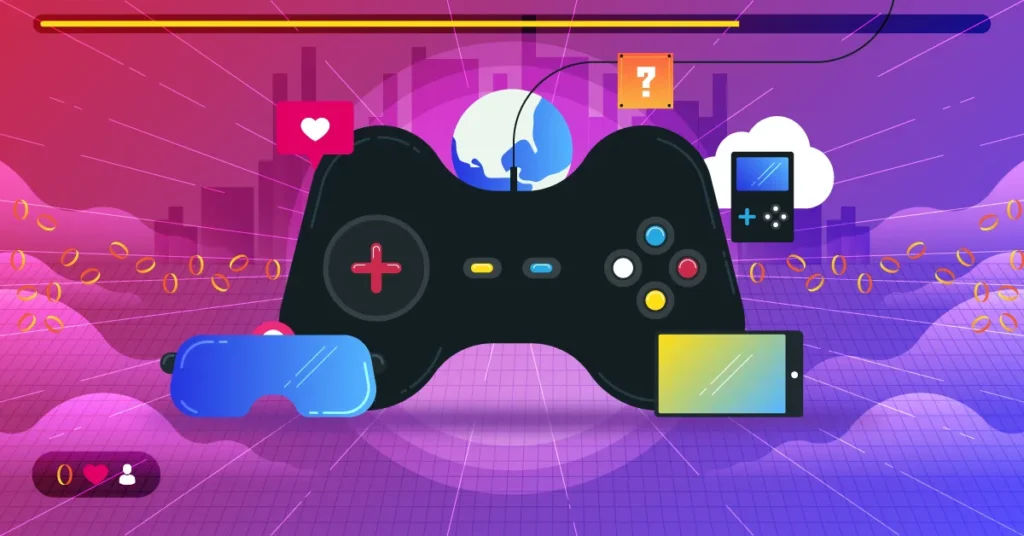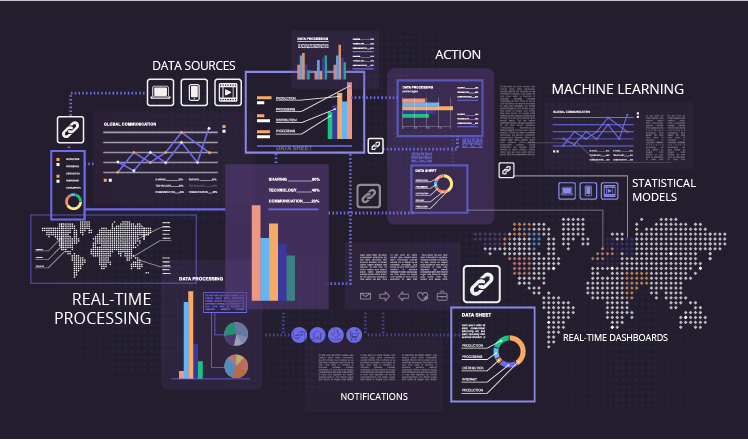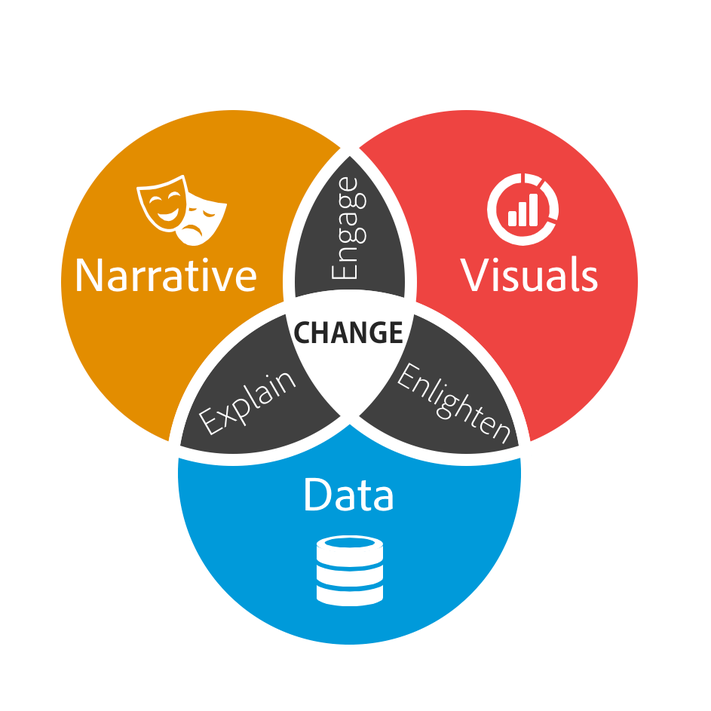In the digital age, data-driven approaches have become increasingly prevalent across various industries, including game development. While leveraging player data can enhance gameplay experiences and drive engagement, it also raises important ethical considerations regarding player privacy and data usage. In this article, we’ll delve into the ethical implications of data-driven game development and explore how developers can strike a balance between innovation and player privacy in 2024.

Respecting Player Privacy
One of the primary ethical considerations in data-driven game development is respecting player privacy. Game developers must ensure that player data is collected and used responsibly, with clear consent and transparency regarding data collection practices. Players have the right to know what data is being collected, how it will be used, and who will have access to it. By implementing robust privacy policies and providing clear opt-in/opt-out mechanisms, developers can uphold player privacy rights and build trust with their player community.
Data Security and Protection
In addition to respecting player privacy, game developers must prioritize data security and protection to prevent unauthorized access or misuse of player data. This includes implementing encryption protocols, secure data storage practices, and regular security audits to mitigate the risk of data breaches or cyberattacks. By safeguarding player data against potential threats, developers can uphold their ethical responsibility to protect player information and maintain player trust.

Read about also: Crafting Dynamic Narratives and Immersive Worlds.
Transparency and Accountability
Transparency and accountability are essential principles in ethical data-driven game development. Developers should be transparent about their data collection practices, data usage policies, and the purposes for which player data is being used. Additionally, developers should be accountable for their actions and decisions regarding data usage, with mechanisms in place for addressing player concerns or grievances related to data privacy. By fostering transparency and accountability, developers can demonstrate their commitment to ethical data practices and maintain positive relationships with players.
Informed Consent and User Control
Informed consent and user control are fundamental to ethical data-driven game development. Players should have the opportunity to provide informed consent before their data is collected, and they should have control over how their data is used and shared. This includes the ability to opt in or opt out of data collection, as well as the option to access, modify, or delete their personal data upon request. By empowering players with informed consent and user control, developers can ensure that player data is used responsibly and in accordance with player preferences.

Conclusion
Ethical considerations play a crucial role in data-driven game development in 2024. By respecting player privacy, prioritizing data security, fostering transparency and accountability, and empowering players with informed consent and user control, developers can strike a balance between innovation and player privacy. By upholding ethical principles in data-driven game development, developers can create positive gaming experiences that prioritize player well-being and trust, laying the foundation for a sustainable and ethical gaming industry.














